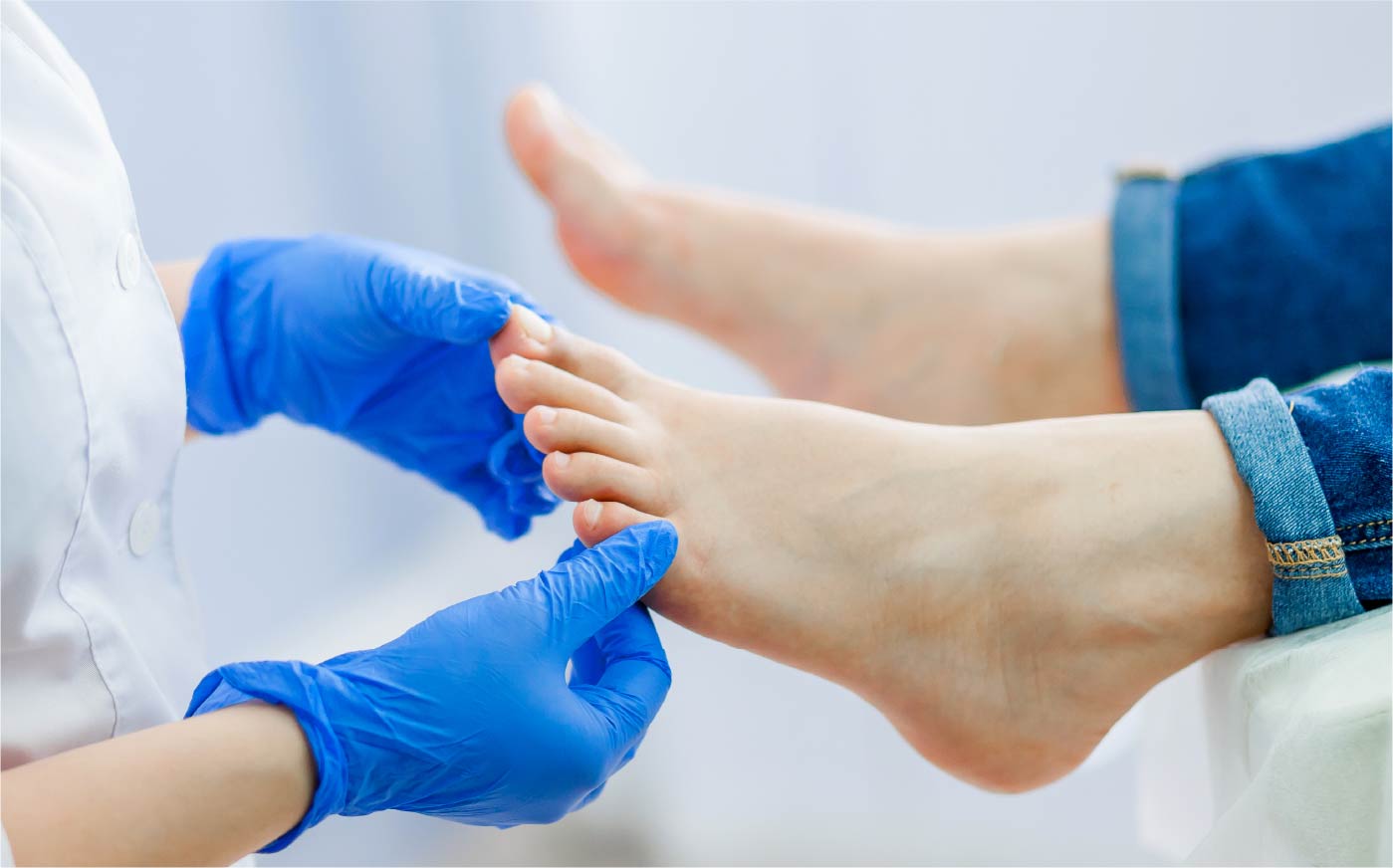
Are you looking for a foot specialist? Podiatrists are healthcare professionals who have been trained to diagnose and treat abnormal conditions of the feet and lower limbs.
They can also treat and alleviate day-to-day foot problems, including:
- Athlete’s foot
- Ageing feet
- Blisters
- Bunions
- Corns and calluses
- Dry and cracked heels
- Flat feet
- Gout
- Heel pain
- Smelly feet
- Sports injuries
- Toenail problems (thickened toenails, fungal nail infections or ingrown toenails)
- Verrucas


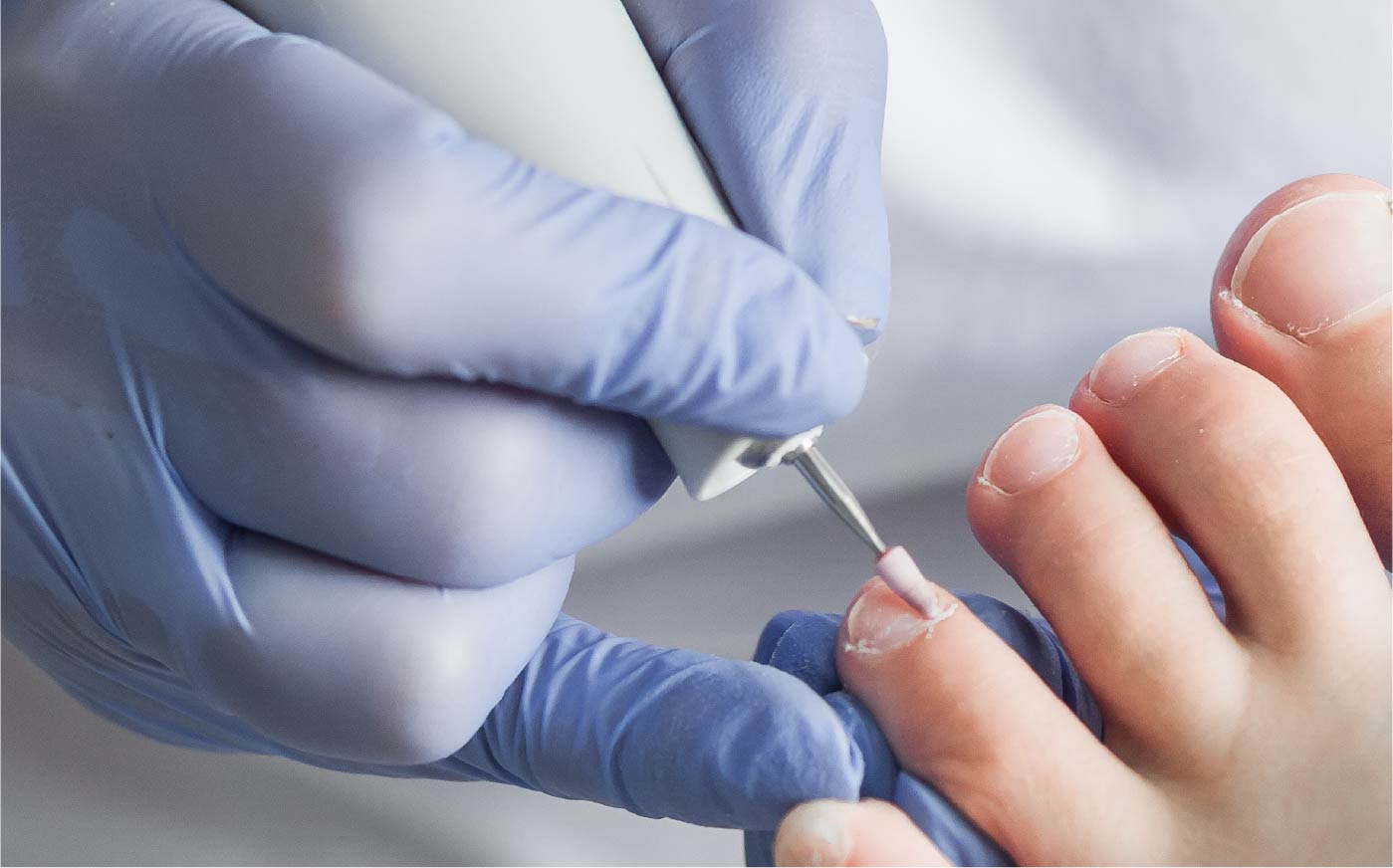
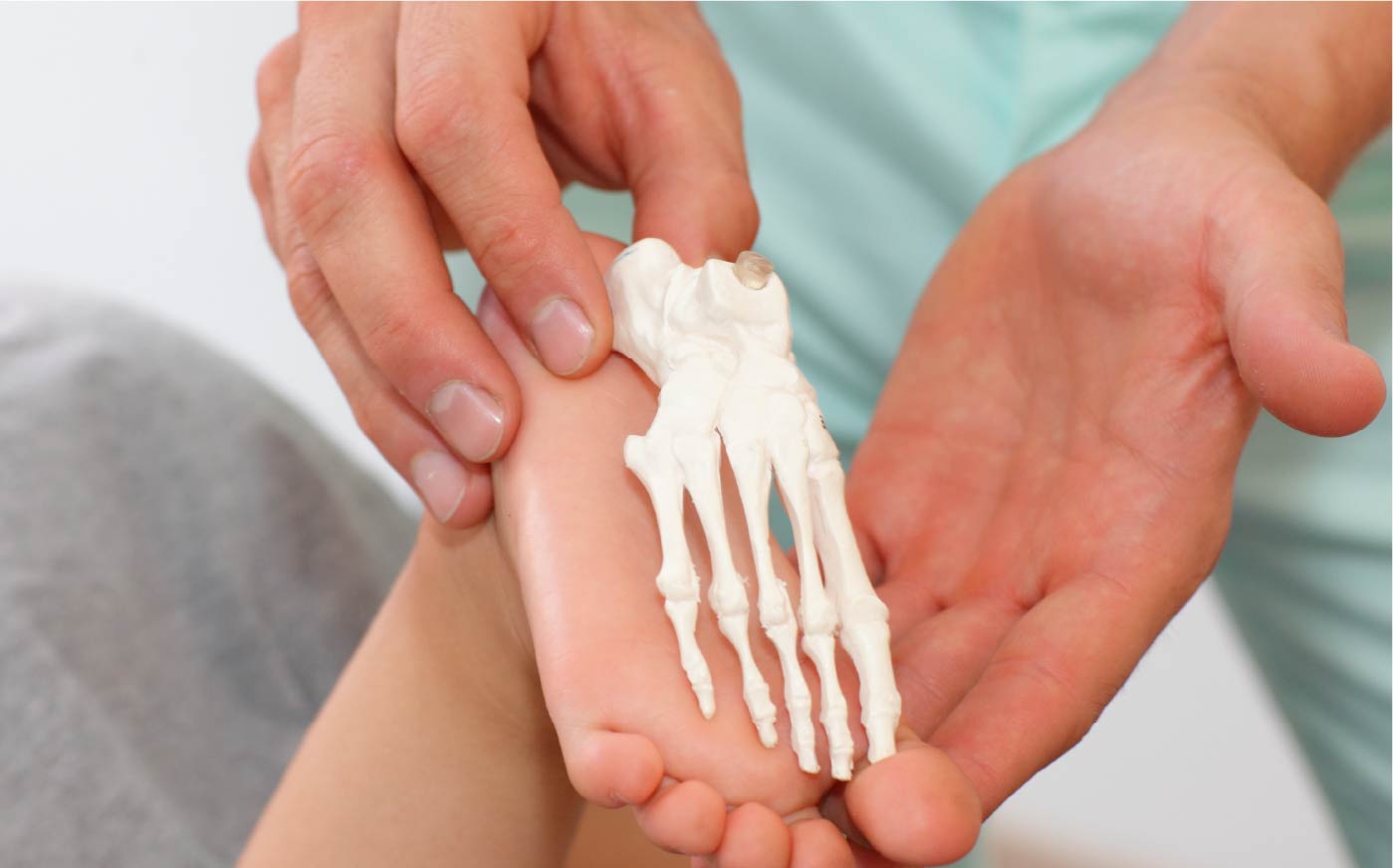
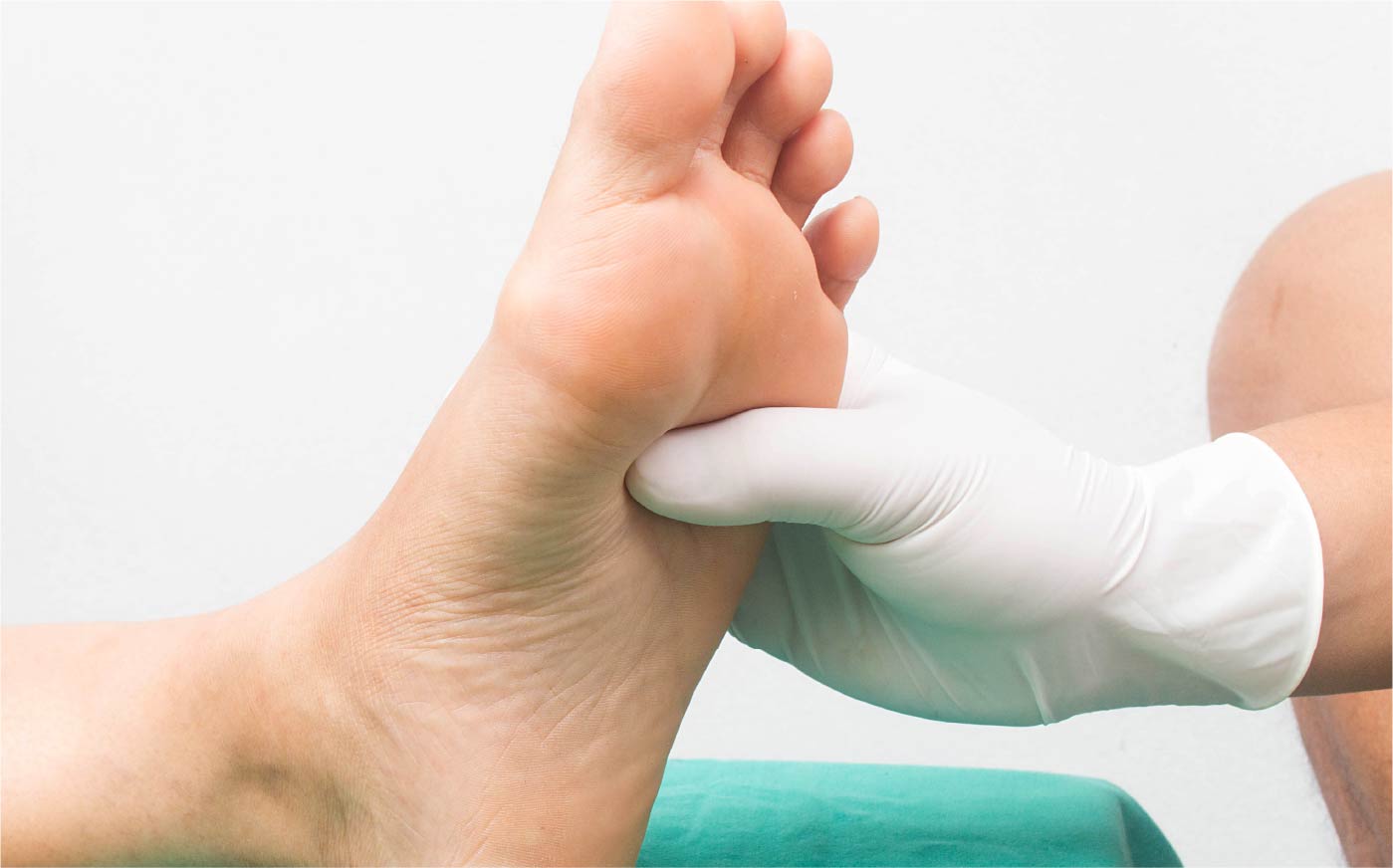

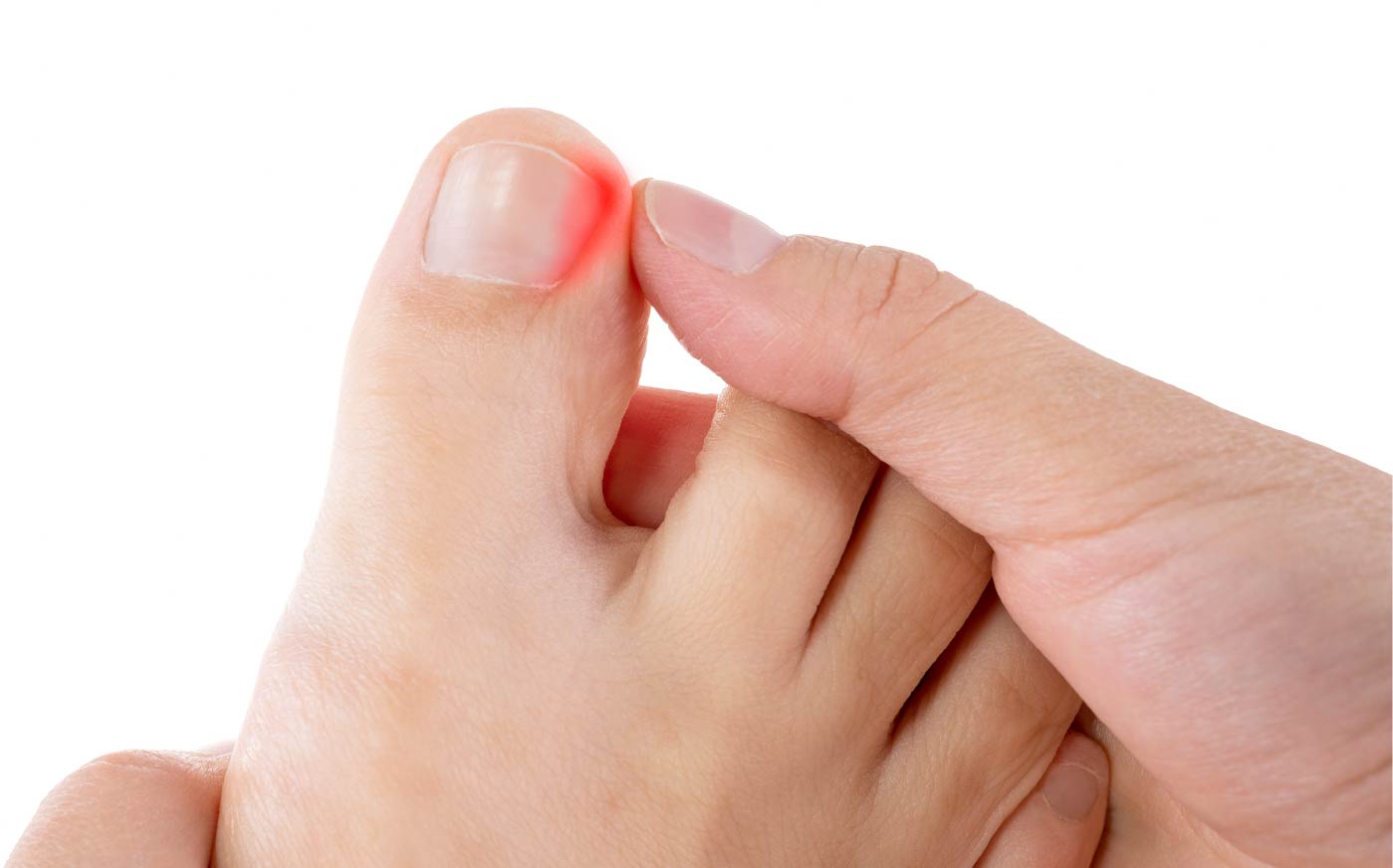
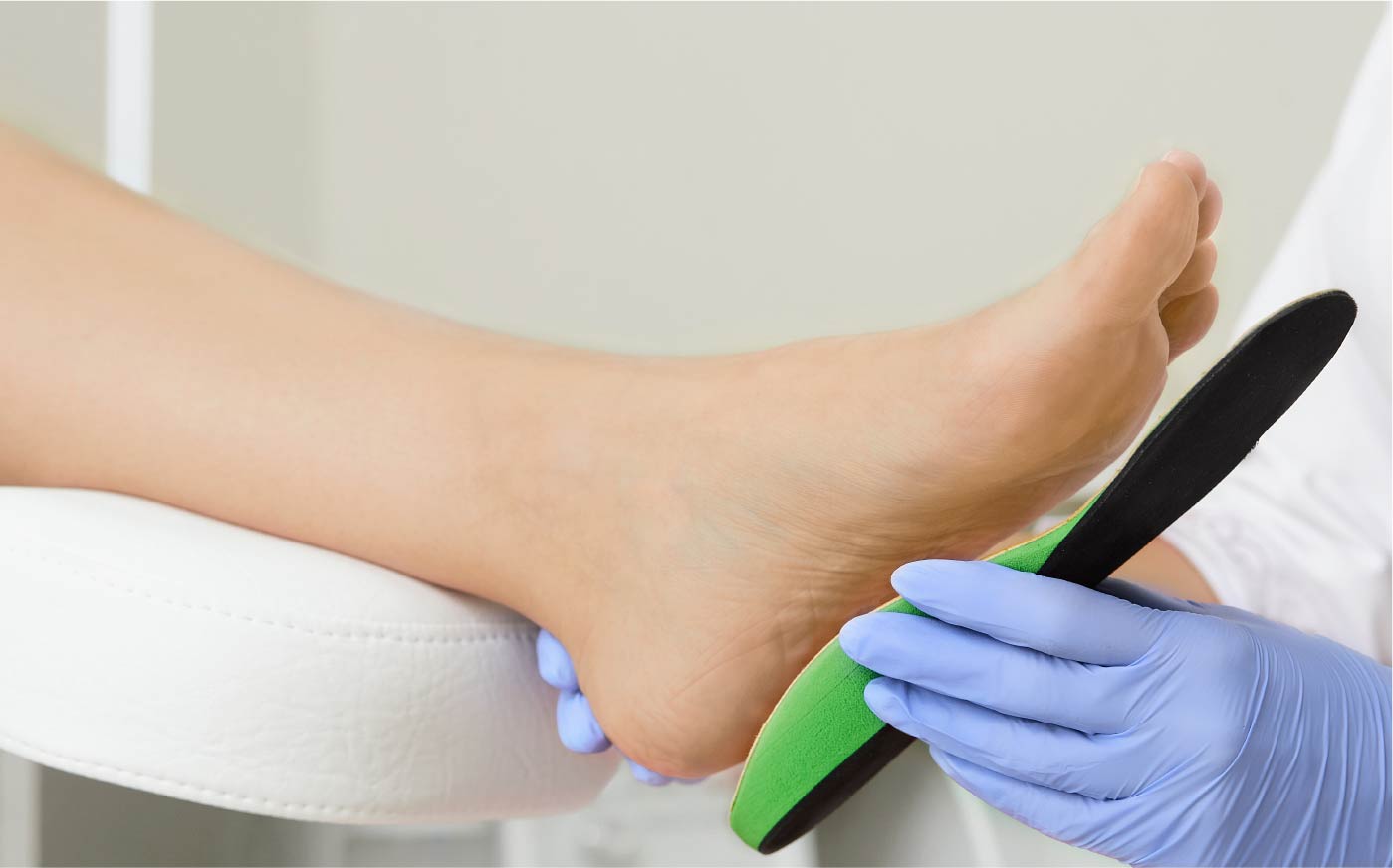
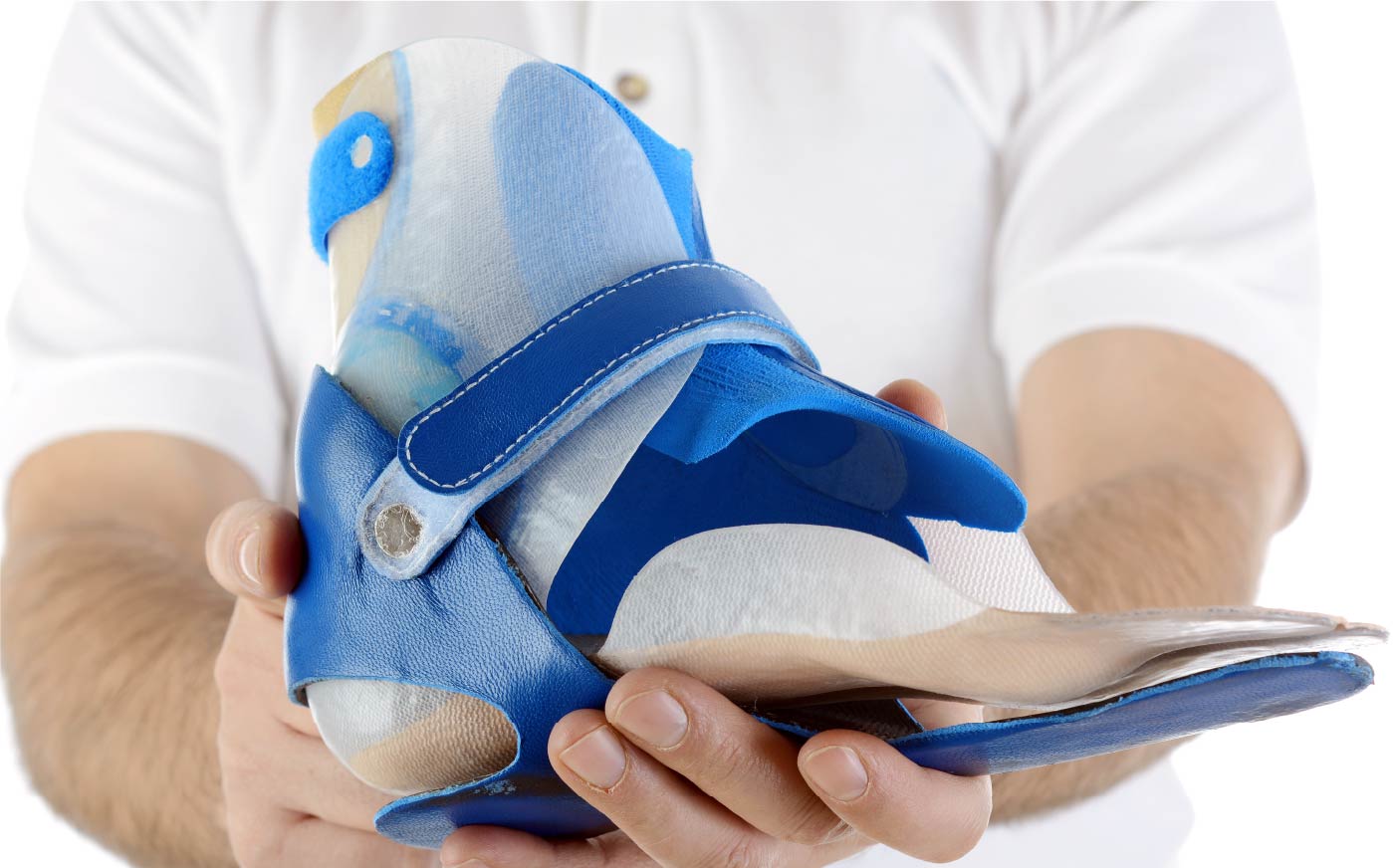
PgD in Musculoskeletal Medicine and Rehabilitation (CUHK)
Member of PodiatryNZ
Member of International Podiatrists Association of Hong Kong (IPAHK)
Charlie is a podiatrist registered under the International Podiatrists Association of Hong Kong and registered with the Podiatrists Board of New Zealand. He received professional training in podiatry from the Auckland university technology in New Zealand and furthered his education and obtained his Postgraduate Diploma in Musculoskeletal Medicine and Rehabilitation from the Chinese University of Hong Kong.
Charlie is currently working at the Matilda international hospital/ Matilda Medical Centre (Central) , Hong Kong Adventist Hospital- Tsuen wan and Gleneagles Hospital Hong Kong. He had worked in two multidisciplinary clinics in Shanghai. He also volunteered at the HKSKH Lady MacLehose Centre and provided podiatry education for the disadvantaged.
Charlie work closely in partnership with consultant orthopedic surgeons, general practitioner and physiotherapist. They ensure each patient is thoroughly assessed; diagnosed and optimum treatment is selected.
His experience in a private practice in New Zealand and at the Matilda International Hospital in Hong Kong has provided him with a comprehensive understanding of diagnosis and treatment of a wide array of pathologies of the foot and lower leg, including:
Nail & skin pathologies (callus / cracked heels, corns, in-growing toenails, fungal nails, verrucae, foot warts, etc.)
- Athletic and sports injuries of the foot, knee, and hip
- Biomechanical assessments (examination of the lower limbs, looking at their structure, alignment, strengths and weaknesses)
- Chronic pathologies
- Diabetic foot care
- Footwear assessment
- Nail & skin pathologies (callus / cracked heels, corns, in-growing toenails, fungal nails, verrucae, foot warts, etc.)
- Neurological disorders
- Orthotic prescription
- Paediatric assessment
- Rheumatoid arthritis
- Vascular & musculoskeletal disorders
